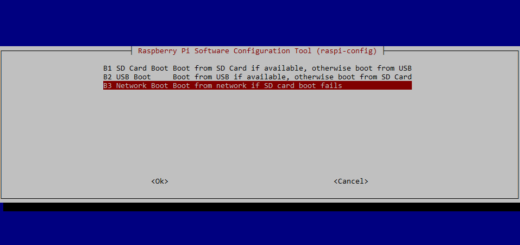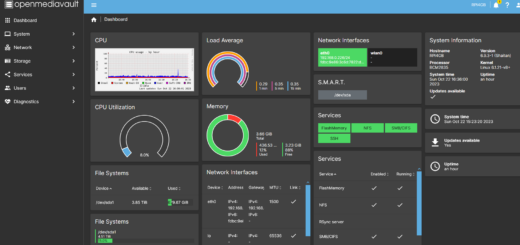Creating Your Own Omada Controller for TP-Link Omada Access Points
Managing multiple TP-Link Omada access points can be a breeze when you have your very own Omada Controller set up. In this guide, we’ll walk you through the process of creating your Omada Controller using a Raspberry Pi, giving you the power to effortlessly handle your access points. Let’s dive in!
Preparing Your Raspberry Pi
To start, make sure your Raspberry Pi is up to date:
sudo apt update && sudo apt upgrade -y
sudo rebootInstalling MongoDB
The Omada Controller relies on MongoDB. Let’s install it:
wget https://repo.mongodb.org/apt/ubuntu/dists/focal/mongodb-org/4.4/multiverse/binary-arm64/mongodb-org-server_4.4.18_arm64.deb
sudo apt install /home/pi/mongodb-org-server_4.4.18_arm64.debEnsure MongoDB is running:
sudo systemctl daemon-reload
sudo systemctl enable mongod
sudo systemctl start mongodInstalling Dependencies
You’ll need a few more tools. Install them:
sudo apt install curl autoconf make gcc openjdk-11-jdk-headless
sudo apt remove jsvcCompiling and Installing JSVC
Download and install JSVC:
wget https://dlcdn.apache.org/commons/daemon/source/commons-daemon-1.3.4-src.tar.gz
tar -xzf commons-daemon-1.3.4-src.tar.gz
cd commons-daemon-1.3.4-src/src/native/unix
sh support/buildconf.sh
./configure --with-java=/usr/lib/jvm/java-11-openjdk-arm64
make
ln -s /home/pi/commons-daemon-1.3.4-src/src/native/unix/jsvc /usr/bin/
sudo mkdir /usr/lib/jvm/java-11-openjdk-arm64/lib/aarch64
sudo ln -s /usr/lib/jvm/java-11-openjdk-arm64/lib/server /usr/lib/jvm/java-11-openjdk-arm64/lib/aarch64/Installing Omada Controller
Now, let’s get the Omada Controller on your Pi:
cd /home/pi
wget https://static.tp-link.com/upload/software/2023/202303/20230321/Omada_SDN_Controller_v5.9.31_Linux_x64.deb
sudo dpkg --ignore-depends=jsvc -i Omada_SDN_Controller_v5.9.31_Linux_x64.debAccessing the Controller Interface
You can now access the Omada Controller’s web interface through your browser using:
- HTTP: http://192.168.0.4:8088
- HTTPS: https://192.168.0.4:8043
Keeping Things Updated
Keep your system and MongoDB updated:
apt list --upgradable
sudo apt-mark hold mongodb-org mongodb-org-server mongodb-org-shell mongodb-org-tools mongodb-org-mongos mongodb-org-database-tools-extraFinal Checks
Ensure everything is running smoothly:
sudo tpeap status
sudo tpeap startIf you need to stop the Omada Controller:
sudo tpeap stopAnd always double-check MongoDB’s status:
service mongod statusWith your very own Omada Controller up and running on your Raspberry Pi, you’re now equipped to effortlessly manage and optimize your TP-Link Omada access points. Enjoy the convenience of centralized control and efficient network management!









